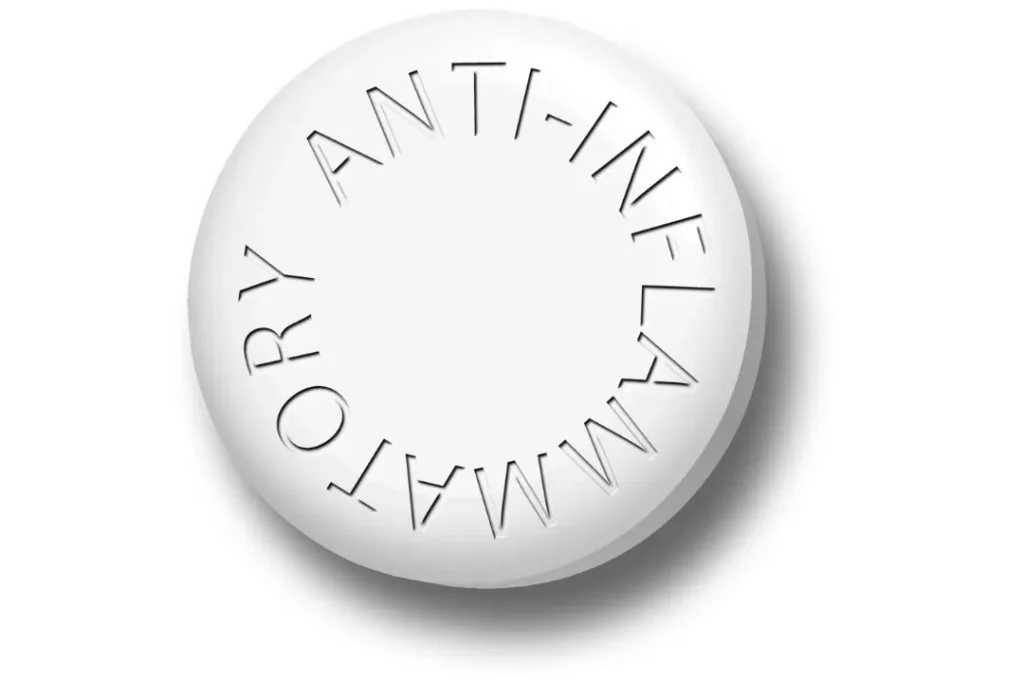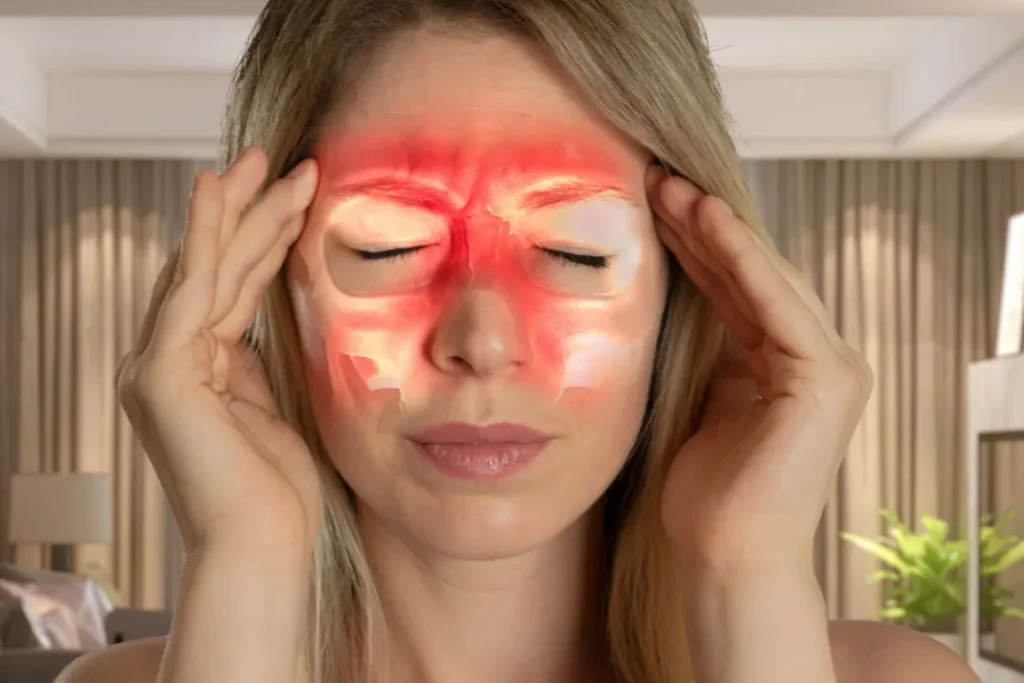Oenothera biennis is a biennial plant that is native to North America and is known for its vibrant yellow blooms and medicinal properties. Evening Primrose Oil (EPO) is produced by the plant’s seeds and is commonly used as a nutritional supplement. This article presents a comprehensive analysis of evening primrose, emphasizing its characteristics, health benefits, recommended dosage, potential side effects, and drug interactions. It also details the chemical components of the plant and how the body and brain respond to it physiologically.
You May Also Like:
5 Great Nootropic Herbs for Focus and Mental Clarity
A Nootropic Herb for Cognitive Enhancement: Discover Bacopa Monnieri Benefits and Side Effects
Evening Primrose: Benefits, Dosage, Side Effects, Drug Interactions, and Other Important Information is an original (NootropicsPlanet) article.
The Nature of Evening Primrose
The evening primrose gets its name from its stunning, vivid yellow petals that emerge in the evening. The plant’s seeds are produced from a rich oil, its most important ingredient. High levels of fatty acids are found in this oil, including gamma-linolenic acid (GLA), an Omega-6 fatty acid, and linoleic acid. Due to their critical involvement in cellular structure and function, these fatty acids are necessary for maintaining good health.
Health Benefits of Evening Primrose
The GLA concentration of evening primrose oil is responsible for its beneficial effects on our health. Prostaglandin E1 (PGE1), a hormone-like compound known to control various biological processes, including inflammation and blood clotting, is a precursor of GLA.
1. Anti-inflammatory Properties: Dihomo-linolenic acid (DGLA) can be transformed into anti-inflammatory eicosanoids, and then can be produced from GLA through metabolism. This reduces inflammation in the body.
2. Women’s Health: PMS and menopausal problems including mood swings, bloating, and hot flashes have been successfully treated with EPO.
3. Skin Health: GLA has a role in the structure of skin cells, and its lack can result in skin issues. EPO can be used for ailments including dermatitis, with which can result in decreased itching and irritation.

Chemistry of Evening Primrose
The therapeutic benefits of evening primrose oil are due to its high fatty acid content, particularly GLA and linoleic acid. These omega-6 fatty acids have a role in multiple physiological processes and are essential for good health.
The body converts GLA to DGLA, which has two main outcomes. Prostaglandins, which are anti-inflammatory, may be produced from it, or arachidonic acid, a precursor to eicosanoids, which are pro-inflammatory, are produced by using the enzyme delta-5-desaturase. However, having enough Omega-3 fatty acids in the body can balance out this possible pro-inflammatory effect.
Physiological Properties of Evening Primrose
The fundamental properties of evening primrose oil are related to its ability to provide GLA, which the body can convert into DGLA. Prostaglandins, thromboxanes, and leukotrienes are a few of the eicosanoids that can be produced when DGLA is transformed into them.
- Anti-inflammatory Properties: The anti-inflammatory effects of the DGLA-derived eicosanoids are countered by them, preventing inflammatory reactions in the body. This process explains why EPO treats inflammatory diseases like eczema and arthritis.
- Women’s Health: The prostaglandins produced by DGLA are essential for controlling hormonal mood swings, which is why EPO is beneficial in treating PMS and menopausal symptoms.
- Skin Health: The maintenance of skin health requires GLA and its metabolites. They are essential elements of the lipid barrier in the skin.

Optimal Dosage of Evening Primrose
The ideal EPO dose can vary according to the patient’s needs and the illness being treated. Typically, a daily EPO dosage of 500–1300 mg, standardized to 8% GLA, is advised. However, it is crucial to speak with your medical professional for specific dose recommendations.
Side Effects of Evening Primrose
Although EPO is well accepted, some people can still develop side effects such as headaches, gastrointestinal problems, or allergic responses. If you are taking anticoagulant medication or are getting ready for surgery, you should use it cautiously due to its potential blood-thinning effects.

Potential Substance Interactions with Evening Primrose
EPO and certain medicines can interact with evening primrose. Its blood-thinning effects can make anticoagulants and antiplatelet medications more effective, raising the risk of bleeding. EPO can also lower blood pressure and interact with anti-hypertensive medications, which can result in an abnormal drop in blood pressure. Before using EPO, if you are taking these drugs, you should talk to your doctor.
Best Use of Evening Primrose
It is important to utilize evening primrose oil according to your specific needs and for the disease being treated. However, the following few general recommendations will help you maximize its advantages:
- Dosage: EPO is often taken in pill form as a dietary supplement. Although the daily dosage can range from 500 mg to 1 300 mg, it is always advised to stick to the instructions listed on the product label or by your healthcare professional.
- Consistency: Like many dietary supplements, the best outcomes are probably going to come from regular use over time. Before noticing any effects, EPO may need to be taken for a few weeks or months, especially in the case of chronic illnesses like eczema or arthritis.
- Combining with other Dietary Supplements: EPO is compatible with other nutritional supplements. For example, mixing it fish oil, which has omega-3 fatty acids, can increase the anti-inflammatory effects.
- Precautions: Due to its potential blood-thinning effects, EPO should be used with caution if you are taking a blood-thinning medicine, have a bleeding condition, or are getting ready for surgery. Additionally, before using EPO, if you have epilepsy or other seizure disorders, you should speak with a doctor, as it may increase the risk of seizures.
Evening Primrose:
Conclusion
Adding an evening primrose supplement to your daily routine can greatly improve your overall health, especially if you suffer from PMS disorders or skin conditions like dermatitis, eczema, or other similar skin conditions. It is a beauitful yellow herb flower with extraordinary health benefits. However, it is important to talk to your doctor first before incorporating this supplement into your diet, because its blood-thinning effects can cause some minor health concerns, and if you have epilepsy, you should not take it since it enhances the possibility of seizures and schizophrenia. Other than having these downsides, EPO is one of the most highly valued herbal supplements in the world.

References:
- “Evening primrose oil and borage oil in rheumatologic conditions.” Retrieved From: https://pubmed.ncbi.nlm.nih.gov/10617996/
- “Oral evening primrose oil: its effect on length of pregnancy and selected intrapartum outcomes in low-risk nulliparous women.” Retrieved From: https://jamanetwork.com/journals/jama/fullarticle/185034
- “Gamma-Linolenic acid: an anti-inflammatory omega-6 fatty acid.” Retrieved From: https://www.ncbi.nlm.nih.gov/pmc/articles/PMC5067287/
Important Note: The information contained in this article is for general informational purposes only, and should not be construed as health or medical advice, nor is it intended to diagnose, prevent, treat, or cure any disease or health condition. Before embarking on any diet, fitness regimen, or program of nutritional supplementation, it is advisable to consult your healthcare professional in order to determine its safety and probable efficacy in terms of your individual state of health.
Regarding Nutritional Supplements Or Other Non-Prescription Health Products: If any nutritional supplements or other non-prescription health products are mentioned in the foregoing article, any claims or statements made about them have not been evaluated by the U.S. Food and Drug Administration, and such nutritional supplements or other health products are not intended to diagnose, treat, cure, or prevent any disease.


